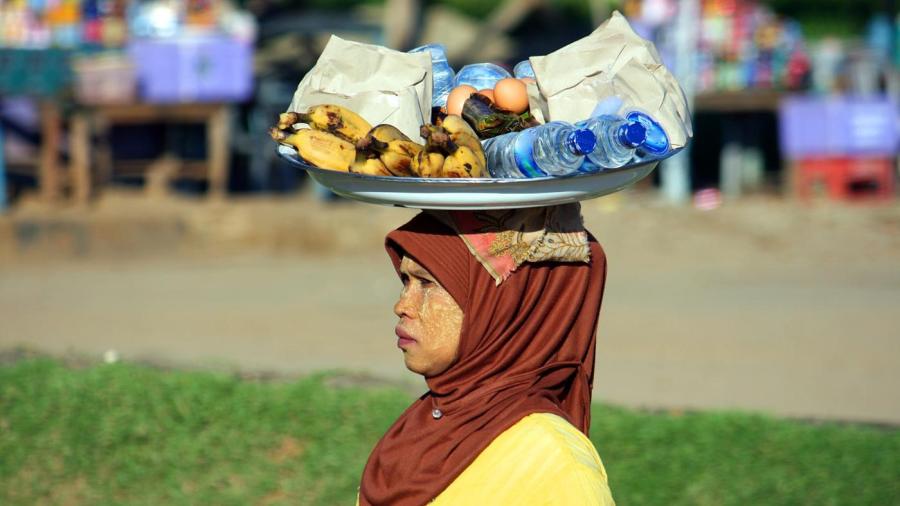What Foods Do Muslims Eat?

Muslims eat foods that are permitted as per the Qur’an, and they avoid eating anything that is specifically prohibited within its text. They abstain from consuming dead meat, pork, blood and alcohol. They also shun meat of an animal sacrificed to idols or one that has been killed by strangulation.
According to the Islamic dietary law, Muslims are only allowed to eat foods that are pure, clean and nourishing. Some foods, such as pork, are seen as unclean in Islam and are strictly forbidden. When slaughtering their livestock, Muslims slit the animal’s throat swiftly while reciting God’s name. Once the animal bleeds completely, the meat becomes “halal,” or ready for consumption. Even though some Muslims are hesitant to eat meat unless they know it has been slaughtered in this manner, many others consume meat regardless of how it was slaughtered.
Most Muslims today search for haram ingredients, such as ergocalciferol and glycerol stearate, before eating any commercial food. As an added precaution, some also refer to the list of ingredients compiled by the Islamic Food and Nutrition Council of America. Following the Qur’an and the teachings of the Prophet Muhammad, Muslims also avoid consuming intoxicating substances, such as beer, wine and whiskey, or modern street drugs — even in small amounts.
Haram foods include any food made with alcohol, canned goods, pork, lobster, cooking oils made with animal fat and any product made with gelatin. Liquor, beer and wine are strictly prohibited, and so are meat and poultry that were not slaughtered according to zabihah, which is ritual slaughter. Zabihah strictly describes how an animal should be killed in order to minimize suffering and be more hygienic.





